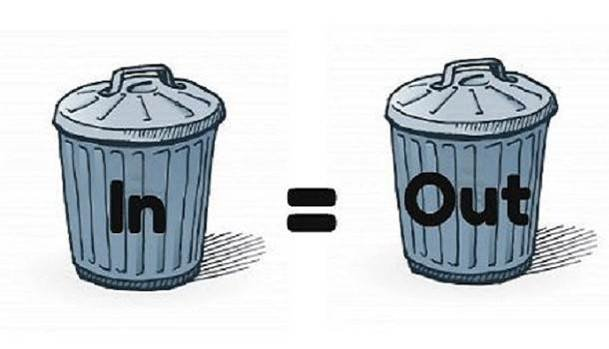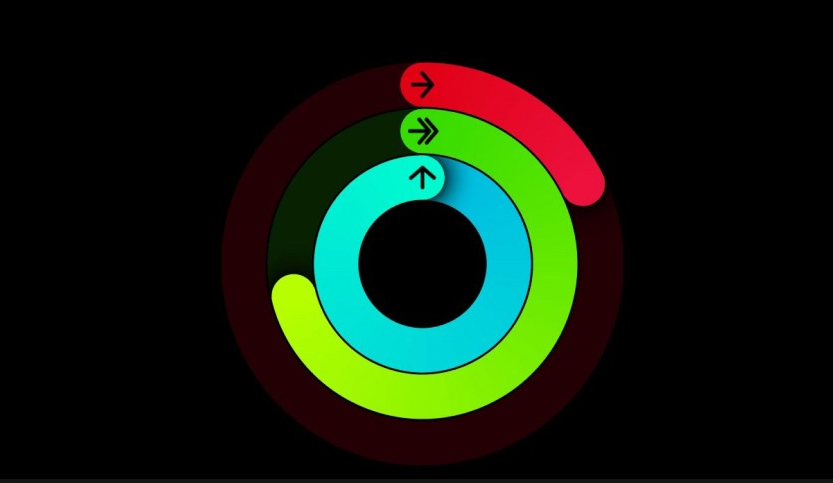If you live in my area of North Carolina, you may have already seen the clip that I’m writing about from a sermon preached at a church in Monroe during the summer of 2023. I’m including the post from the “social media site formerly known as Twitter” here, since that’s the first place I saw it.
⚠️⚠️
— Bad Preacher Clips™ (@BadSermons) February 21, 2024
When you go to Pigeon Forge, sit in mall parking lot, you’ll find more women with shorts on than pants & dresses put together.
If you dress like that & you get r🅰️ped & I’m on the jury, he’s gonna go free. I’m right. A man’s a man.#BadPreacherClips
Pastor Bobby Leonard pic.twitter.com/TpqWh7G4tA
I’m sure you have questions. I know I did.
“Why did this video just get uploaded if it was preached six months ago?”
“How slow is their internet connection?”
“What type of person goes to a shopping mall parking lot to count the number of women wearing shorts and then compares it to the number of women wearing pants and dresses combined?”
“Why would anyone want to do math in a mall parking lot when there is a Cinnabon in the food court?”
Another question could be, “Why write a blog post about it?”
That might be the most important question of all, and the answer is simple: it’s time for people to stop blaming other people for the wrong things that they do.
David wrote about this in Psalm 101:3 when he said that he would set no evil thing before his eyes. But notice that he wasn’t saying that nothing evil would be set before his eyes. David was doing the opposite of what the preacher was saying because David was taking responsibility for his own eyes and what he would choose to look at.
I remember being in a church leadership meeting early in my ministry career and being blown away by a leader asking me to tell a young lady in the youth group to wear longer dresses if she was going to sit on the front row because it was hard for him to focus when he got up to make announcements.
In so many words, my response to him was something about how it sounded like the problem was with his eyes and his heart more than her skirt length.
That may have been the beginning of the end for my time there, but that’s not the point of this post.
The point is that we need to guard our eyes and our hearts more than we need to guard someone else’s outfit.
We need to guard our eyes and our hearts more than we need to guard someone else’s outfit. Click To TweetAre there clear words in the Bible about modesty and purity? Of course. But at the end of the day, we’re called to live holy lives in an unholy world, and our obedience is never developed in a vacuum-sealed, bubble-wrapped environment. Obedience becomes our default in a world filled with disobedient options. David had to choose what he would look at from a long list of things he knew he shouldn’t look at, and many Bible scholars think he learned this lesson from that time when he definitely chose to look at someone he shouldn’t have. You can go read about that for yourself in 2 Samuel 11.
When I was in college, I went with some of my friends to Daytona Beach to do some street evangelism during spring break. During the training, a well-known leader tackled this subject head-on when we took the mic and boldly said, “Young men, if you can’t witness to a girl in a bikini, you’re the problem, not her.”
I never forgot that, and I think there is so much wisdom in his words. In an age of dwindling morality, may we shine the light of Jesus in the way that we interact with others, and let’s put on the garments of praise and holiness even when others may choose to wear a lot less than that.






